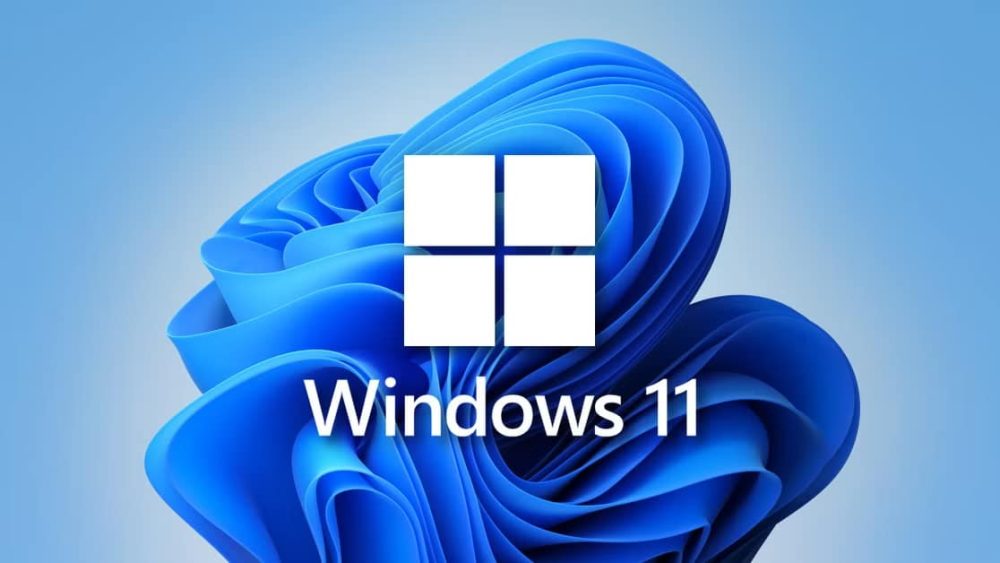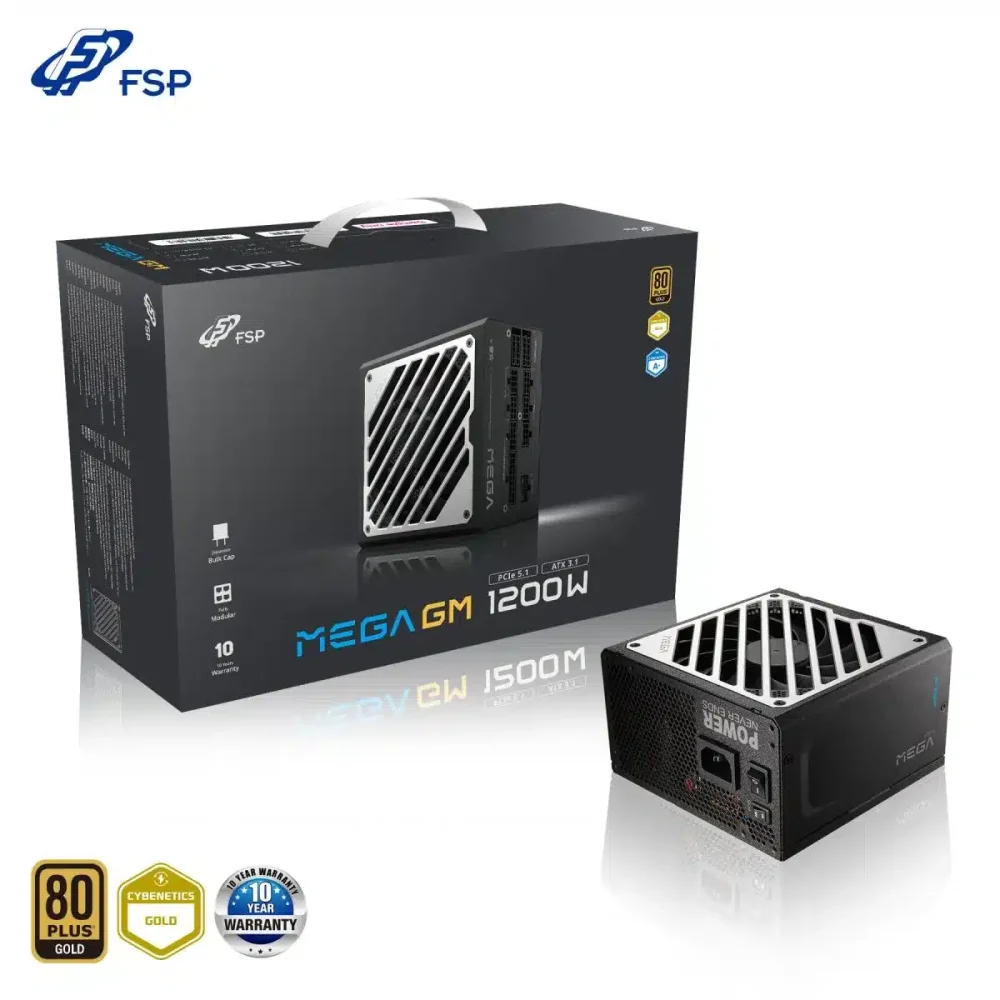The latest Windows 11 cumulative updates, KB5063878 and KB5062660, have caused reports of SSD failures, particularly when writing large amounts of data. While the problem appears to affect multiple storage devices, controller maker Phison has publicly acknowledged the issue and says it is working with partners to investigate.
The Story Goes Like This
Microsoft issued the KB5063878 and KB5062660 updates in August 2025 as part of its regular Patch Tuesday cycle, designed to address threats such as the Lumma Stealer malware. However, soon after rollout, users began reporting storage problems, especially on systems performing sustained sequential writes of 50GB or more.
In testing, drives became inaccessible, displayed unreadable SMART telemetry, or temporarily reappeared after a reboot, often risking file corruption if the workload was repeated. Reports came mainly from Japan, but similar cases have since been shared globally.
Affected Devices & Controllers
Community testing has pointed to one of them as a Phison’s PS5012-E12 controller, found in drives such as the Corsair Force MP600, SanDisk Extreme Pro, and others. A 21-drive test matrix from NichePCGamer showed failures across several brands, though not limited to Phison. Some non-Phison controllers and even a handful of HDDs have also been flagged.
This suggests the issue is not confined to one manufacturer, but could be linked to how Windows interacts with certain storage devices under heavy load.
Vendors’ Responses
Phison is the first vendor to formally acknowledge the issue:
“We have recently been made aware of the industry-wide effects of the ‘KB5063878’ and ‘KB5062660’ updates on Windows 11 that potentially impacted several storage devices, including some supported by Phison. We understand the disruption this may have caused and promptly engaged industry stakeholders. We are steadfast in our commitment to product integrity and the success of our partners and end users. At this time, the controllers that may have been affected are under review, and we are working with partners. We will continue to provide updates and advisories to partners who may have been impacted to provide support and ensure any applicable remediation.”
Phison emphasized that it is still investigating which controller models are impacted. Firmware fixes or updates, if required, will be distributed through its partners (such as Corsair or SanDisk) rather than directly to end users.
Microsoft’s Role
Since the issue stems from Windows updates, responsibility also lies with Microsoft. The company has not yet published a detailed root-cause analysis or official workaround beyond confirming earlier installation errors with KB5063878. Industry watchers expect that any long-term fix may come from Microsoft via an OS patch, though firmware updates from SSD vendors may also be necessary.
What To Do
Until Microsoft or SSD vendors provide clear guidance, users are advised to:
- Avoid large sequential write operations (e.g., copying or extracting 50GB+ game folders or video archives).
- Back up critical data regularly.
- Monitor advisories from Microsoft and SSD manufacturers for firmware or driver updates.
The Bottom Line
This incident highlights the complex relationship between software updates and hardware behavior. While Phison is currently the only vendor to respond formally, the issue appears broader and not limited to a single controller. Both Microsoft and hardware makers are under pressure to deliver a resolution quickly, as SSD reliability remains critical for modern PCs.


